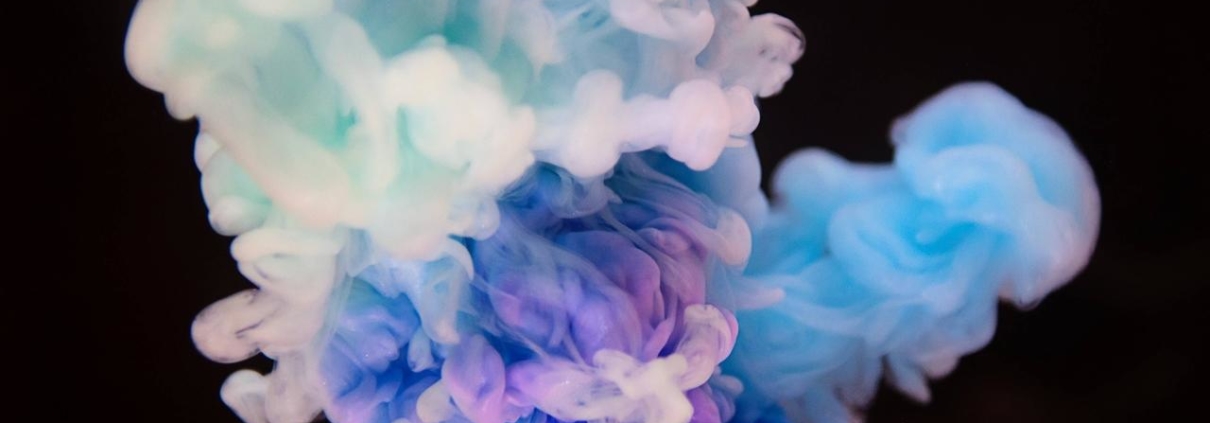Reflections on Chemical Sensitivities and the Coronavirus
by Cheyenne Walker
It is June 1, 2020. I am writing this from my home, where I have now been for 12 weeks, with the exception of trips outside for essentials and short walks. I can’t see what’s keeping me inside. Rather, it is in the air and living on surfaces, but I can see what it has done to others, and I often find myself wishing this virus had a smell or color or even a feeling to it to help me and my family steer clear. Due to the coronavirus, I am sheltering in place to slow the spread and limit potential deaths, as advised by the government and Department of Health. On May 27th, the United States reached a milestone of 100,000 deaths from COVID-19. A very palpable toll from a very invisible virus.
My work collecting oral histories of people with environmental illnesses, as a part of CSW’s Chemical Entanglements project, has provided me with a unique perspective in this time. This is thanks to the many women and people from marginalized communities I have both personally interviewed, and whose interviews I have transcribed and analyzed. Like all of us with the coronavirus, these individuals also suffer from the invisibility of their aggressor: chemicals that saturate our modern environment. They self-quarantine of their own accord. They socially distance without the encouragement of the CDC. Some of them have owned and worn masks for years, “before it was cool,” as a recent interviewee told me. I don’t mean to equate living with a chemical illness and living through the current pandemic. The more I attempt to draw comparisons, the more I am reminded of their differences. I can’t see the coronavirus and I certainly can’t feel it in the air. It will hopefully be mitigated by a vaccine or herd immunity within a matter of months or years. What won’t be mitigated in this time is the pervasiveness of chemicals and pollutants in our environment, which has caused countless people with multiple chemical sensitivities (MCS) to shelter in place long before the coronavirus pandemic. In her oral history, A.B. stated that individuals with MCS have essentially been “living with COVID for years, but it’s also worse [now] because everyone is cleaning like crazy,” cleaning with the very substances that make her ill.
What I have to keep in mind is that although I do not suffer from MCS or the symptoms, I suffer from the chemicals in the air or in products without feeling a thing. We all do. It’s not that individuals with MCS are the only people whose health is adversely affected by chemicals, it’s just that they can feel them and sense them well enough to avoid them; the same way I irrationally wish to be able to detect the coronavirus to keep myself and my loved ones safe. As M.E. states in their [M.E.’s preferred pronoun] interview, “what I respond to somewhat immediately is what’s causing other people’s neurodegenerative diseases, or cancers, or asthma, or lung disorders, over months, or years, or most of a lifetime.” M.E. has come to the realization that their ability to feel dangerous chemicals in the environment is a gift, albeit a burdensome one.
Another oral history participant described her MCS as being even more aggravated than usual during her pregnancy, causing an inability to breathe around products such as hairspray and detergent. Virtually all women are exposed to harmful chemicals during pregnancy, but virtually none can sense them to the point where they must remove themselves from the chemicals completely, protecting their health and that of the fetus. I use pregnancy as an example to contextualize the gravity of these exposures. Without knowing and without consent, we and our children take in toxicants in the environment, leading to consequences that are both short-term and long-term, known and unknown.
I don’t think the second participant would consider this a gift the way M.E. does. For her, and many other individuals, MCS creates an inability to engage with the world that causes severe isolation, financial burden, and health complications. I certainly do not envy the ability to physically feel the damage being wrought on my body by daily chemical exposure. M.E. describes the ability as akin to being a “planetary whistleblower,” and I think we should listen. If we could see the coronavirus as it disperses through the air, we certainly wouldn’t inhale it. We should view the ever-present chemicals in our environment the same way, because they won’t go away with a simple vaccine.
Cheyenne Walker is a UCLA Undergraduate Student studying Anthropology. She is a member of the 2019-2020 Chemical Entanglements Undergraduate Student Research Group.



Comments are closed.